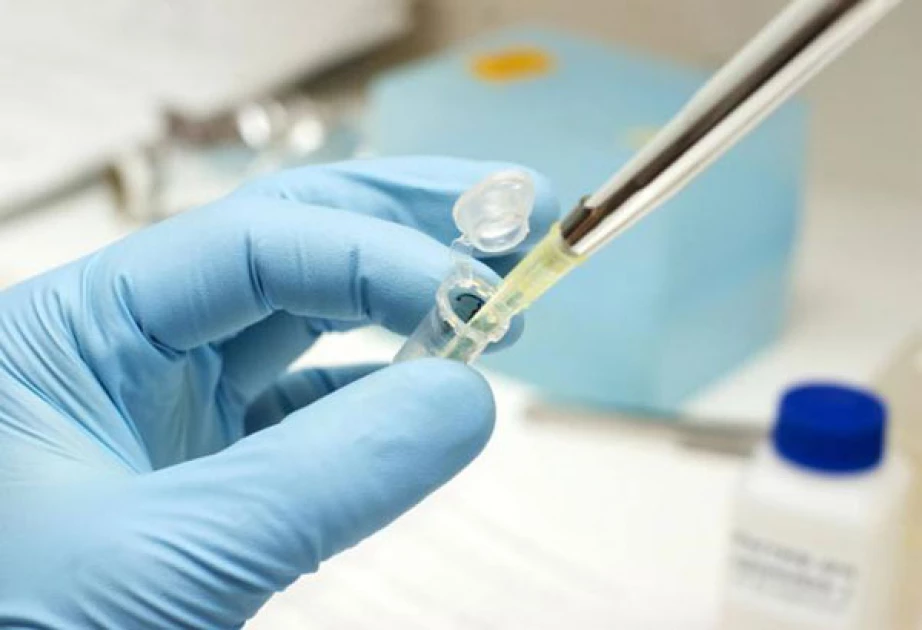Kenya faces looming vaccine crisis as stocks dwindle amid funding shortfall


Audio By Vocalize
Kenya is facing a critical vaccine shortage, with stock levels expected to run out by June 2025, putting millions of children at risk of preventable diseases.
The country requires Ksh.1.5
billion to Ksh.1.6 billion to replenish its vaccine
supplies. The situation has prompted Kenya Women Parliamentarians (KEWOPA) to
push for the government to prioritize immunization programs in the national
budget.
This shortage comes at a time when the country is grappling with
the impending withdrawal of GAVI, the Vaccine Alliance, which has been a key
donor for vaccines like HPV and yellow fever.
GAVI is slated to phase out its support by 2029, but there are
concerns it may withdraw sooner, creating further urgency for Kenya to find
alternative funding sources.
“For the government of Kenya, they are financing
largely
the traditional vaccines… We are talking about
BCG, Measles and Rubella, tetanus and oral polio vaccines and other emergency
strategic vaccines,” said Wesley Rono from the Health NGOs Network (HENNET).
On her part, HENNET Executive
Director Dr Margaret Lubaale said; “ There is a looming crisis
and by June 30th. We need to have paid the financing that’s necessary. The
figures are to the tune of Ksh.1.5 to Ksh.1.6 billion. If we don’t
pay by June, it means we will have a stock out of polio
and measles vaccines.
The health sector in Kenya is under immense pressure as the
government contends with competing health priorities, such as TB, HIV, and
immunization. GAVI’s withdrawal could jeopardize the availability of crucial
vaccines like polio and rotavirus unless new funding avenues are secured.
Despite allocating Ksh.4 billion annually
for vaccines, the government needs to ring-fence these funds to prevent
diversion to other sectors. With the cost of fully immunizing a child standing
at Ksh.12,086, it is imperative that the government
increases its budget allocation to ensure that vaccines remain accessible to
all.
The transition to fully financing immunization programs by 2029
presents a significant challenge, particularly as donor support decreases and a
populace that is increasingly objecting to the government’s revenue
instruments, as witnessed with the rejection of the 2024 finance bill, which by
its own admission, left the government scrambling to make ends meets and
finance crucial services.
“We want to ensure that as Kenyans we are not
at the mercy of lenders. GAVI vaccine alliance has supported Kenyans
immunisation programme for a long time. Accelerated
transition has been reached. By 2029,we are expected to fund immunisation 100%,” said Irene Mayaka, a member of the Kenya Women Parliamentarians.
In
the wake of the rejection of the finance bill, the country has repeatedly been
faced with crucial vaccine stock outs of BCG, Measles and tetanus vaccines,
raising concern among stakeholders that the frequent stock outs risk reversing
the gains Kenya has made in vaccines and
immunizations.
KEWOPA has called for urgent action from the government to secure sustainable funding for immunization programs.


Leave a Comment